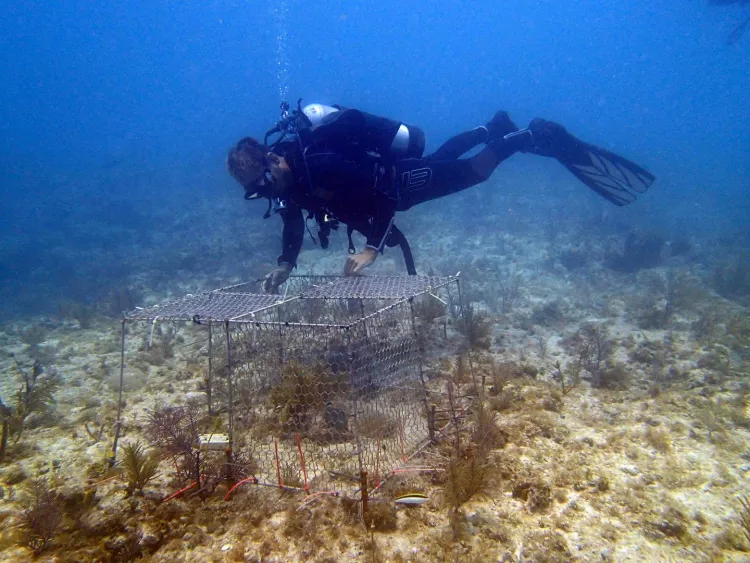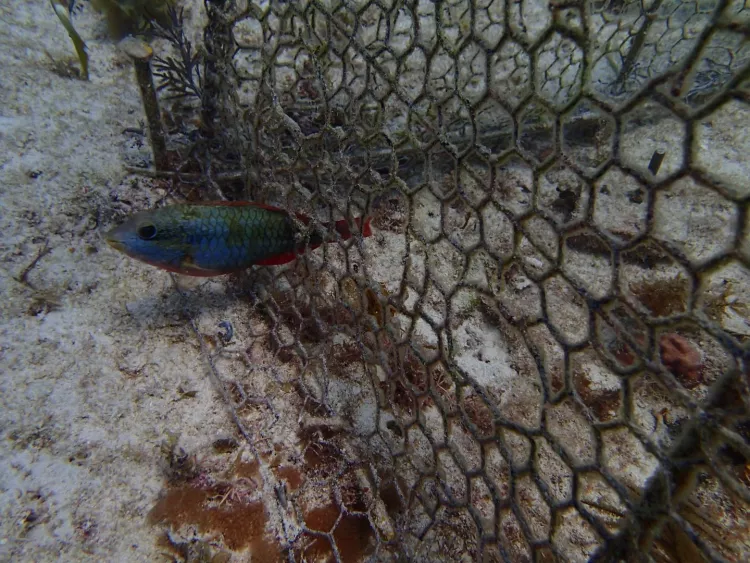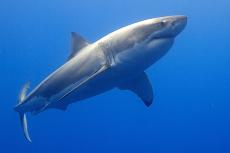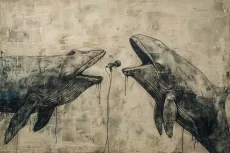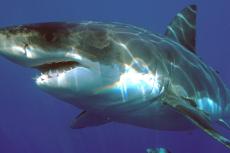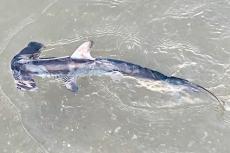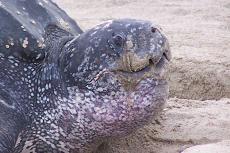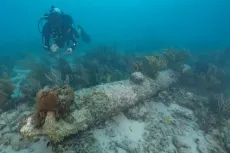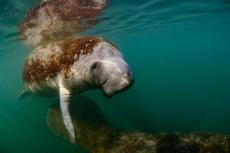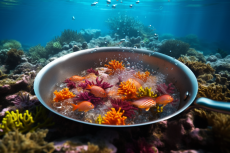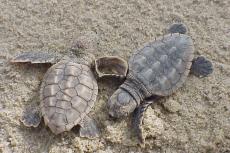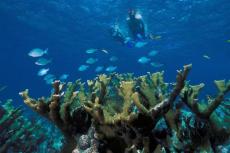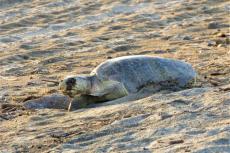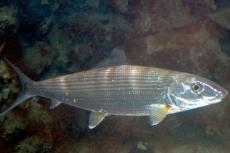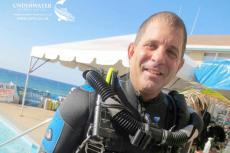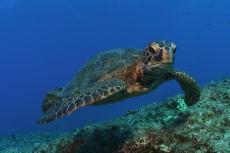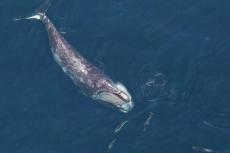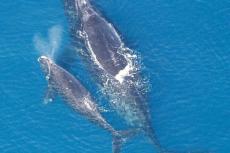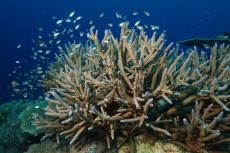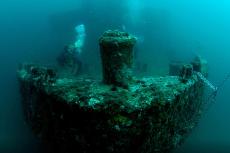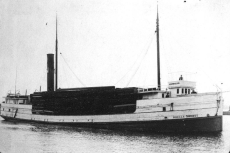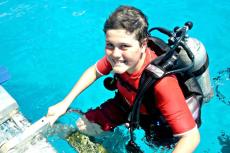Selective fishing of larger parrotfish lets algae flourish
Although selective fishing of larger parrotfish does not affect the biomass of coral reefs, such practices allow algae to flourish and adversely affects the reef's ecosystem.
Scientists at Pennsylvania State University and the University of California, Santa Barbara have discovered that when fishermen selectively catch large and medium-sized parrotfish at coral reefs facing decline due to climate change, algae has a better chance of growing and overtaking the corals.
Nonetheless, according to the research, the reef’s biomass is maintained. This is because even with less of the large and medium-sized parrotfish, there would be many smaller parrotfish that would take their place.
"Because biomass remained basically the same in regions where there is heavy fishing, we were interested to see if different sized fish played different ecological roles," said Andrew A Shantz, Eberly Research Postdoctoral Fellow at Penn State. He is the first author of a paper published on the study’s findings.
"We set up an experiment where we could exclude larger fish from accessing an area to see how changes in the distribution of fish sizes impacted corals and their relationship with algae."
The researchers placed three enclosures with openings of different sizes on the sea floor around corals at Florida Keys. One enclosure allowed access to parrotfish of all sizes, another excluded large and medium-sized parrotfish, and the third one excluded only large parrotfish.
It was found that in the third enclosure, which the large parrotfish could not access, the algae grew four times faster. For the second enclosure that allowed access only to small-sized parrotfish, the algae grew ten times faster.
Shantz concluded that “Unless we can develop and implement fishing strategies that maintain a healthy distribution of fish sizes—for example, a slot based system with both minimum and maximum size restrictions—the corals in these regions are at risk."
The findings of the paper was published in the Ecological Monographs journal.
So even though fishing does not reduce the biomass of the fish, it's the larger fish that keep the algae at bay.— Andrew A Shantz, Eberly Research Postdoctoral Fellow at Pennsylvania State University
- Log in to post comments


